Misją Instytutu jest dzialalność naukowo-badawcza prowadząca do nowych rozwiązań technicznych i organizacyjnych użytecznych w kształtowaniu warunków pracy zgodnych z zasadami bezpieczeństwa pracy i ergonomii oraz ustalanie podstaw naukowych do właściwego ukierunkowywania polityki społeczno-ekonomicznej państwa w tym zakresie.
![]()
![]() XXIV edition - WORK AND LEISURE
XXIV edition - WORK AND LEISURE
REWARDED POSTERS:
| I prize - Maciej Mytnik | ||
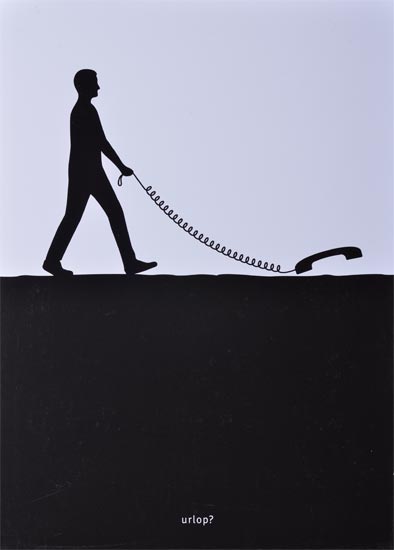 |
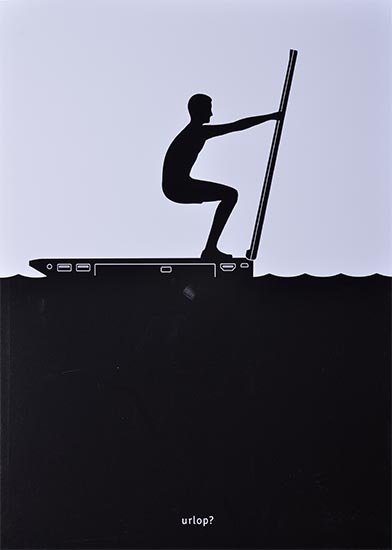 |
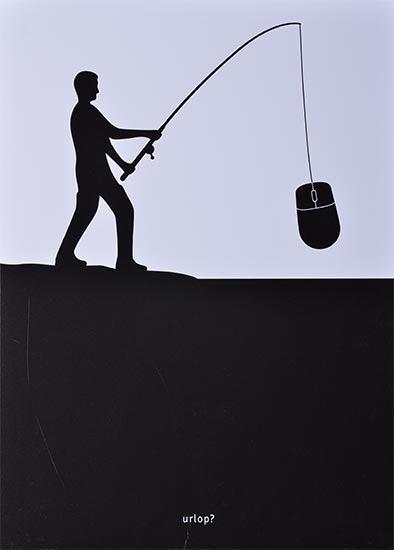 |
| I prize - Maciej Mytnik | II prize - Małgorzata Komorowska | III prize - Marek Osman |
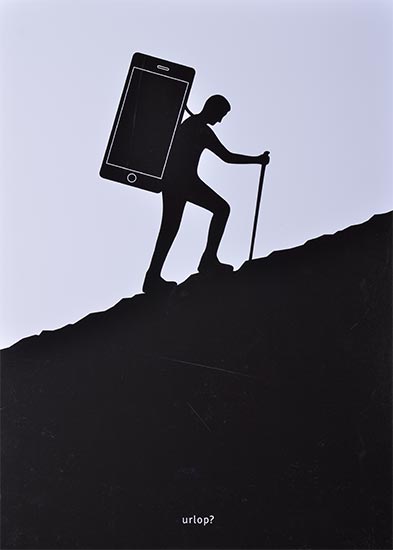 |
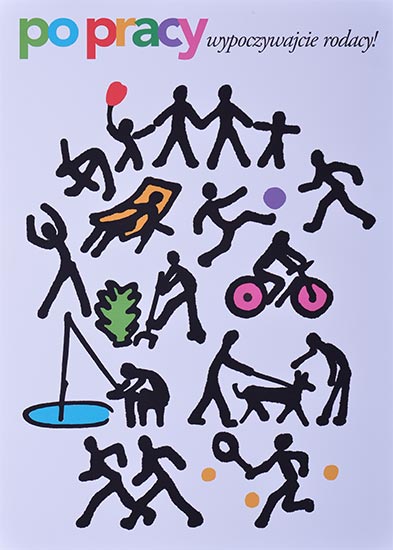 |
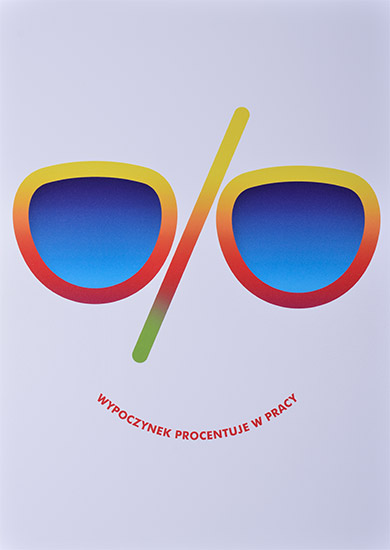 |
HONORARY MENTIONS:
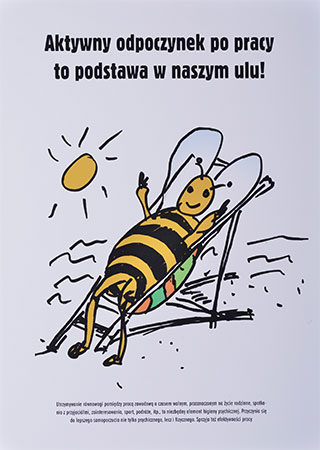 |
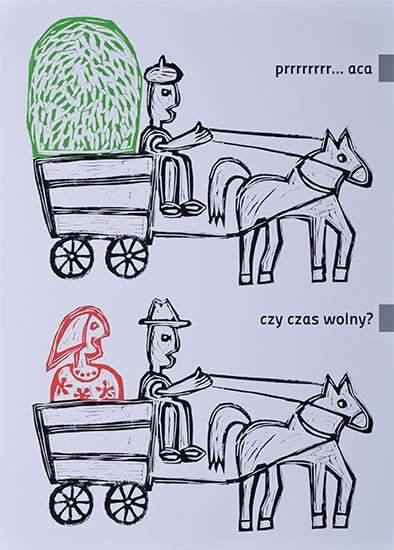 |
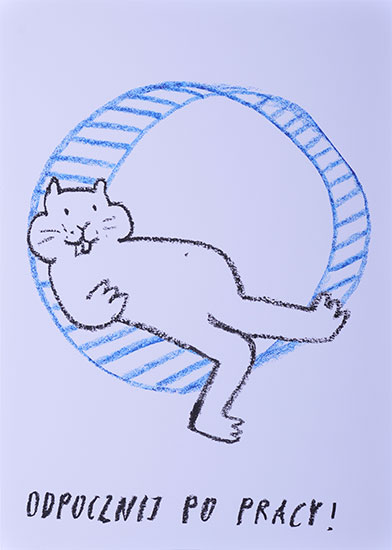 |
| Jacek Bieńkowski | Joanna Frydrychowicz, Krzysztof Skrzypczyk |
Julia Jackowska, |
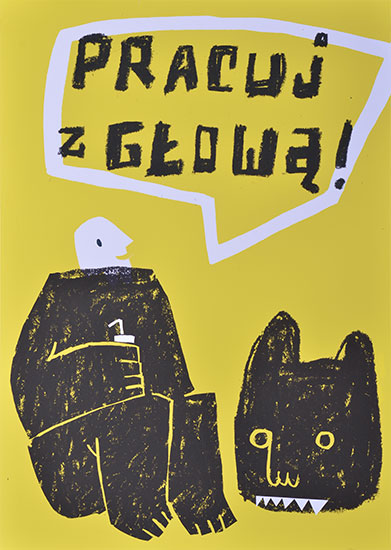 |
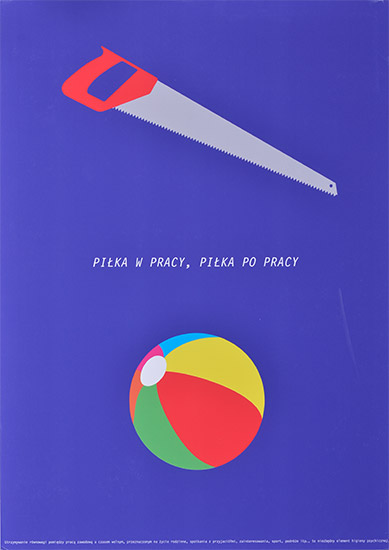 |
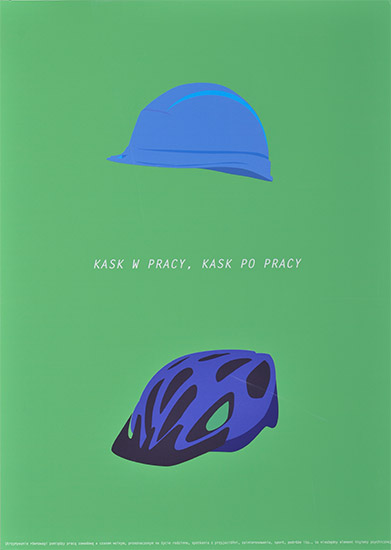 |
| Julia Parchimowicz, | Eugeniusz Skorwider | Eugeniusz Skorwider |
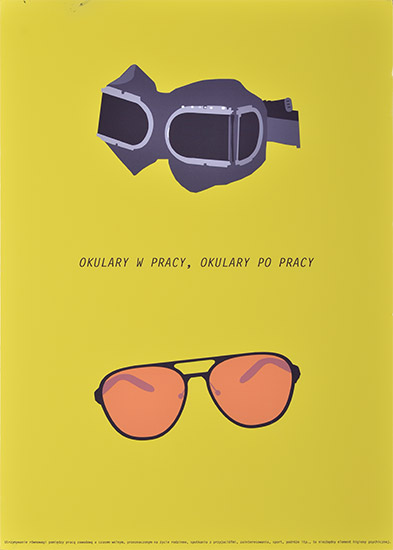 |
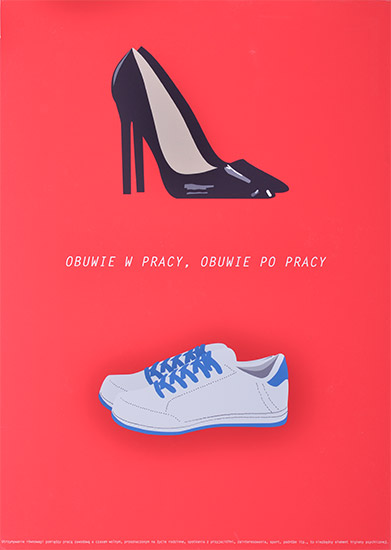 |
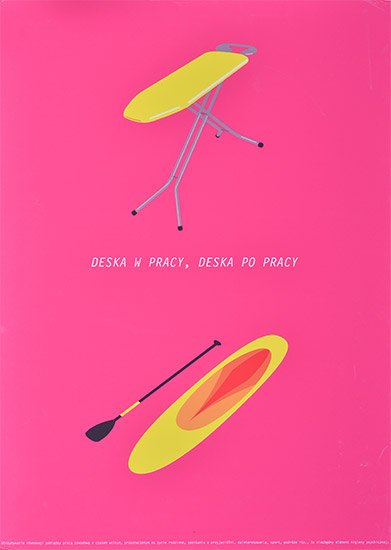 |
| Eugeniusz Skorwider | Eugeniusz Skorwider | Eugeniusz Skorwider |
It is an essential element of psychic hygiene to maintain balance between work and leisure time – the latter dedicated to family life, meeting friends, hobbies, sport, or travel. This balance contributes to improved wellbeing – not only psychical, but also physical. Also, it enhances better work efficiency.
What is the most important reason for lack of balance?
Due to high competition on labour market, it is not easy to keep this balance. For several years, European statistics have been showing a trend of increasing work intensity. To meet the expectations of the market, enterprises require more work from their workers, at a higher pace. This disturbs the balance between working time and leisure.
What are the hazards?
Lack of work-leisure balance is a significant source of work stress, hence its contribution to many disorders (including cardiovascular, musculoskeletal and other), emotional fatigue, work burnout, and addiction to alcohol and other drugs.
What can the employer do?
Awareness of hazards resulting from the disturbed balance between work and private life leads employers to introduce preventive actions more widely. Those include e.g.,
- part time work
- introducing flexible working time
- assistance in organising care of children or elderly people
- supporting active leisure, e.g., fitness clubs or tourism.
What can the worker do?
- Reduce activities unrelated to work during working hours, e.g., using social media, private telephone calls, small talk with colleagues,
- Plan their leisure time and activities,
- “switch off” work issues during leisure time and spend it actively (do physical activities)


